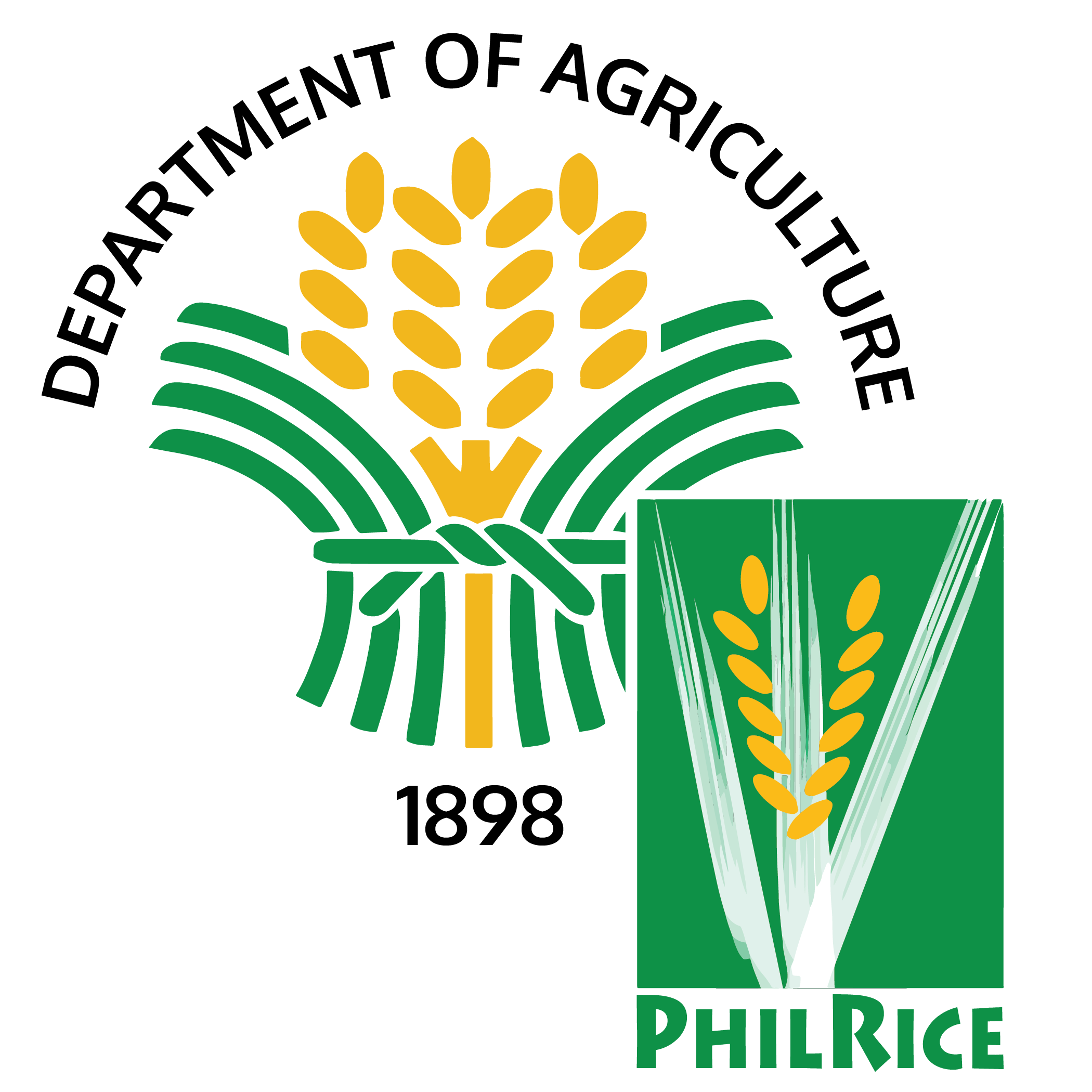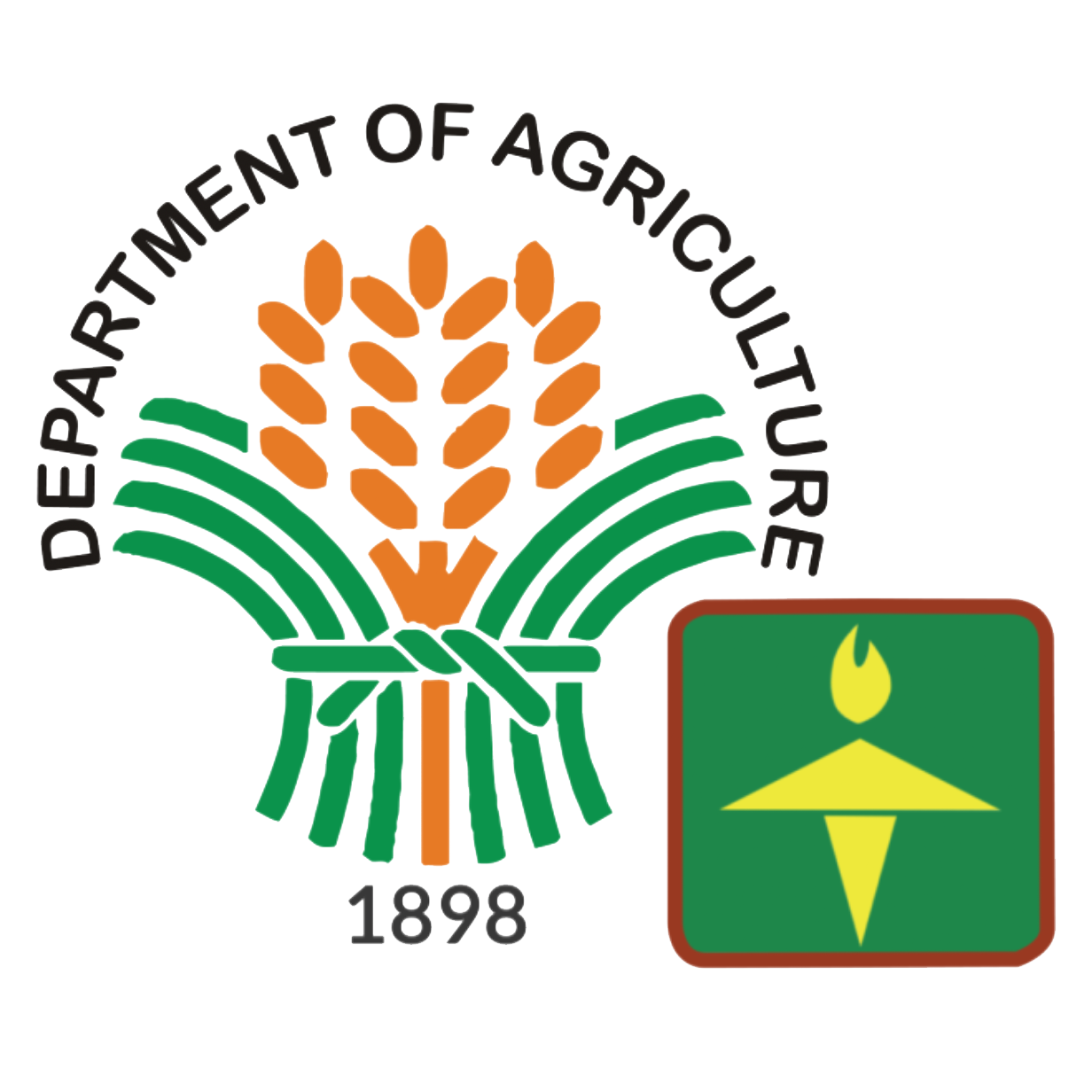
CITY OF SAN FERNANDO, Pampanga – The Department of Agriculture-Philippine Rice Research Institute (DA-PhilRice) has allotted some 246,000 bags of certified inbred seeds for distribution to rice farmers in the provinces of Tarlac, Nueva Ecija and Zambales this wet planting season.
During the kickoff seed distribution ceremony held at the Diwa ng Tarlac Convention Center in Tarlac City on Thursday, some 300 farmers in the province initially received inbred rice seeds weighing 20 kilos each.
More than 78,000 sacks of certified inbred rice seeds are set to be distributed to rice farmers in Tarlac.
Among the seed varieties for distribution are the NSIC Rc 160 and NSIC Rc 534.
Meanwhile, more than 130,00 bags of inbred rice seeds are allocated for Nueva Ecija.
Reynaldo Dumawan, president of the Barangayan Siete Irrigators Association in the Science City of Muñoz, Nueva Ecija, thanked the government for the three bags of RCEF certified seeds he received for his 1.2-hectare field.
“Unang beses pa lamang ako nakatanggap ng binhi mula sa RCEF at sabik na ako masubukan ang natanggap na libreng binhi mula sa gobyerno (This is my first time to receive rice seeds from RCEF and I am excited to try the free rice seeds I received from the government),” Dumawan said.
In Zambales, more than 38,000 bags of certified inbred rice seeds are set to be distributed to some 16,000 rice farmers.
Magiting Garcia, RCEF provincial coordinator in Zambales, said the seed varieties for distribution include NSIC Rc 222, Rc 480, Rc 160, Rc 218SR, Rc 436 and Rc 534.
A total of 233,354 bags of certified inbred seeds were distributed to rice farmers in Central Luzon during the 2023 dry crop season which benefited some 74,316 rice farmers in the region.
Jointly funded by the RCEF Seed Program and the DA’s National Rice Program (NRP), the certified inbred rice seed distribution is intended to complement and supplement the hybrid rice production strategy of President Ferdinand Marcos Jr. under his food security agenda.
Results of the seasonal monitoring and evaluation of the program showed that the adoption of certified inbred seeds in its covered provinces doubled from more than 40 percent to 84 percent, leading to increased average yields in 2020.
PhilRice also said its monitoring showed that yields improved steadily to 4.2 metric tons per hectare (MT/ha) in the 2022 dry season from 3.63 MT/ha in the 2019 dry season.
For the wet season, the PhilRice said yield increased from 3.69 MT/ha in the 2019 wet season to 4.03 MT/ha in the 2021 wet season.
The RCEF Seed Program is a component of Republic Act 11203 or Rice Tariffication Law, which allocates PHP3 billion in funds every year to develop, propagate and promote high-quality inbred rice seeds to help improve the competitiveness of Filipino rice farmers. (Zorayda Tecson,PNA)











